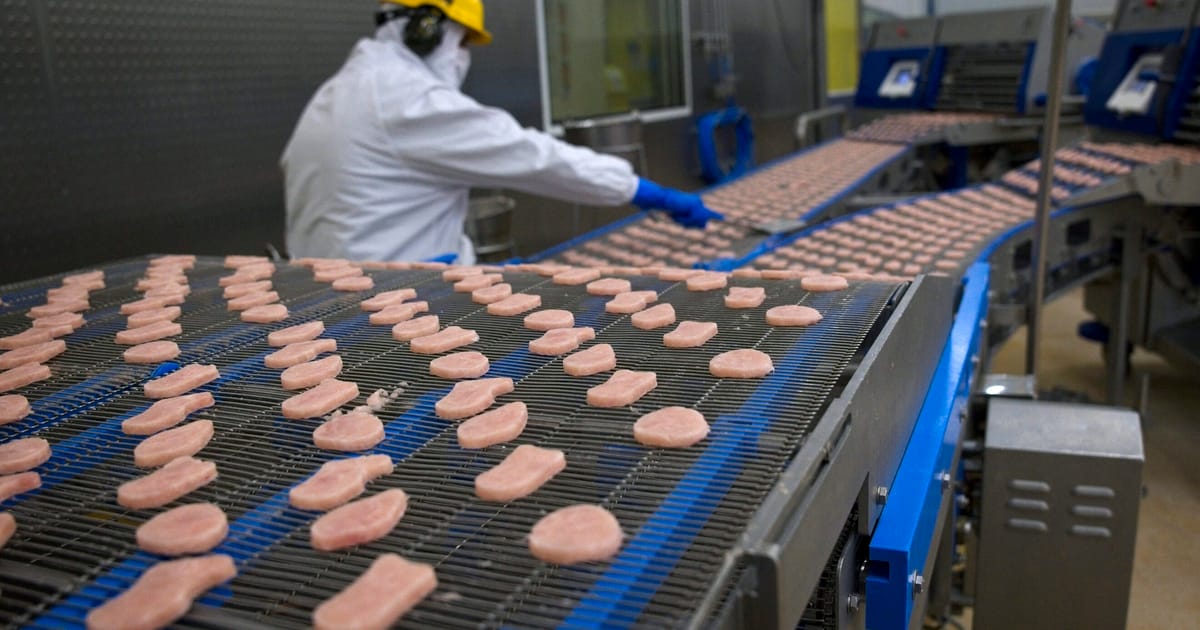“We have to stop destroying the planet as we feed ourselves,” a World Bank official said, as red meat and dairy drive CO2 emissions.
Cows and milk are out, chicken and broccoli are in — if the World Bank has its way, that is.
In a new paper, the international financial lender suggests repurposing the billions rich countries spend to boost CO2-rich products like red meat and dairy for more climate-friendly options like poultry, fruits and vegetables. It’s one of the most cost-effective ways to save the planet from climate change, the bank argues.
The politically touchy recommendation — sure to make certain conservatives and European countries apoplectic — is one of several suggestions the World Bank offers to cut climate-harming pollution from the agricultural and food sectors, which are responsible for nearly a third of global greenhouse gas emissions.
…
The paper comes at a diplomatically strategic moment, as countries signed on to the Paris Agreement — the global pact calling to limit global warming to 1.5 degrees Celsius — prepare to update their climate plans by late 2025.



Simple. “Milk” is different from “soy milk”, just like “milk” is different from “sweetened milk” (in what godforsaken realm is aspartame in milk?). How is this not already handled?
I know it feels easy to armchair regulate but it’s not usually that easy. Like if you keep current milk regulations but then let people add a word before milk to escape the rules (to allow oat milk for example) then the dairy industry will pull shit like “pure milk” and “super milk” to escape the rules. It’s a cat and mouse game as soon as you start adding exceptions.
Milk is one of the longest regulated foods because the dairy industry misbehaves so much. The industrialisation of milk was so bad it caused tuberculosis outbreaks among other things.
I’m not saying there isn’t a good solution, there are always many good solutions possible. All I’m saying is not to forget that there is a reason the word milk was regulated for so long. Whatever exception is carved out for almond milk has to be well constructed enough not to weaken the current milk standards, yet broad enough to allow for any variety of plant based milk and that’s going to take some serious expertise. Enshrining plant based milks in a well thought out regulation is going to be the best way to stop this whole “only animal milk is milk” stuff. Until then the dairy industry is going to keep using the regulation to its advantage whenever it can to keep others out of the market.